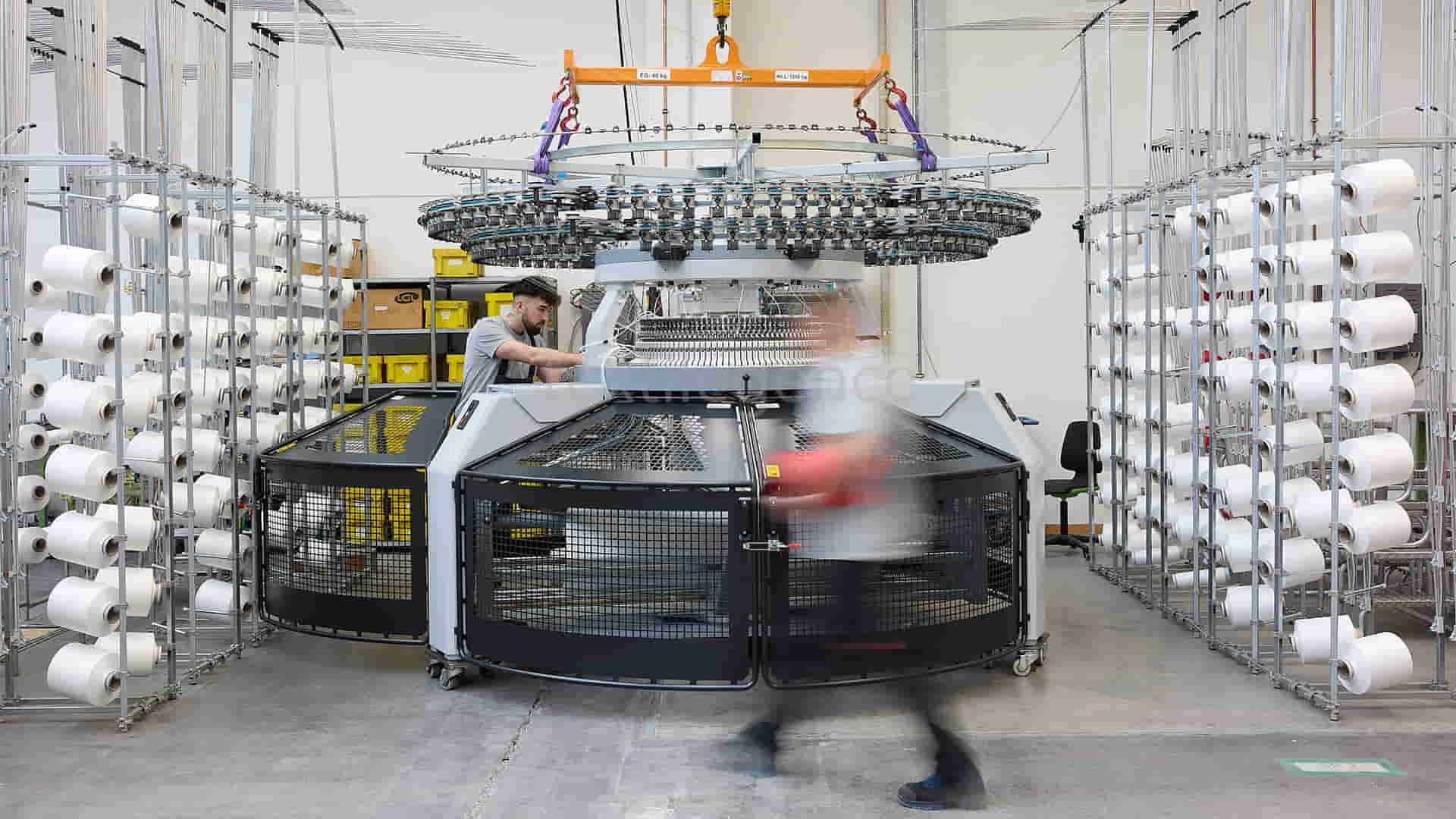Mayer & Cie. continues to take place among the leaders in textile machinery manufacturing, combining over a century of experience with a commitment to precision, quality, and global reach. The fourth-generation family-owned business headquartered in Albstadt, Germany, serves its customers with over 450 employees worldwide and additional sites in China and the Czech Republic. Mayer & Cie. Managing Director Benjamin Mayer and Area Sales Manager Stefan Bühler evaluated the past year and shared their market targets and expectations with Textilegence. As a second-generation member of Mayer Mümessillik, the Türkiye representative of Mayer & Cie. founded in 1993, Kerem Öğretmen also talked about the market outlook in Türkiye.
How do you describe Mayer & Cie.’s position in the global textile industry today and what kind of a road map have you determined for the future?
B.M.: Mayer & Cie. faced a lot of challenges last year, like most textile companies and other businesses. Therefore, the current position of Mayer & Cie. is more or less the same compared to our competitors. Of course, the whole industry is desperately waiting for a sustainable recovery to improve the overall economic situation. Till then our roadmap is to adapt as fast as possible to a continuously faster changing world like in Charles Darwin´s evolutionary theory.
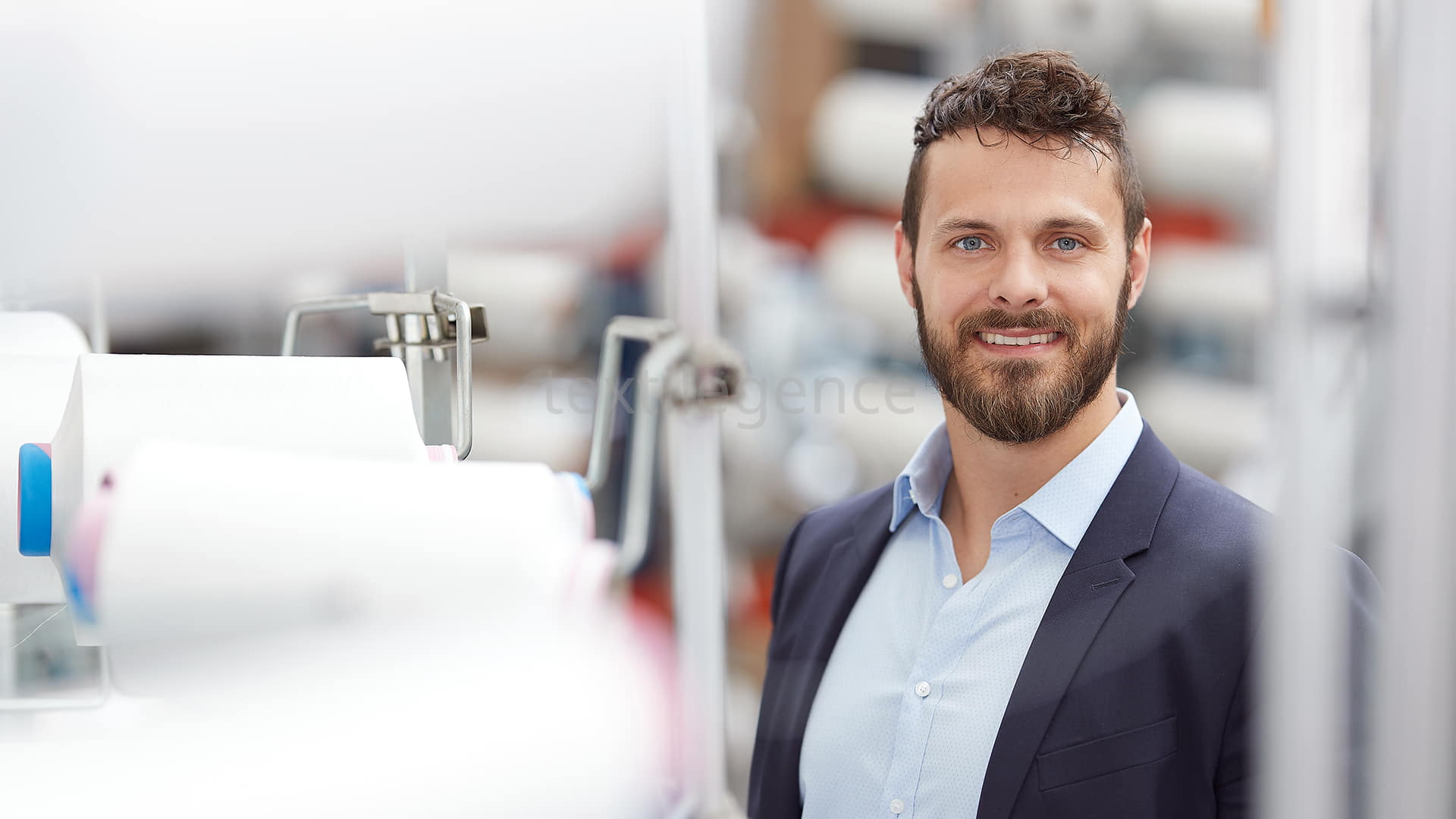
2024 was a year of economic difficulties in Germany. How did this reflect on you regarding production and R&D? How was 2024 for you regarding orders and installation?
B.M.: Indeed, 2024 was a difficult year for mechanical and textile engineering companies. We closed the year with an under-average number of circular knitting machines produced. Speaking of 2025, we’re expecting another challenging year. Nevertheless, we kept up our R&D efforts and brought our development projects to series production readiness. This applies to our new high-speed Interlock machine D4-4.4, our optical defect detection system knithawk as well as Control 5.0 and knitlink. The latter is our hub for all information and services relating to circular knitting machines. In our braiding business unit, we proudly produced and shipped our first MR-11 equipped with 48 carriers.
In 2025, there is an expectation of growth in the German economy. Compared to 2024, what are your goals and expectations for 2025?
B.M.: According to the outlook of the ‘Deutsche Bundesbank’, the German economy is struggling with both persistent economic headwinds as well as with considerable structural problems. Domestically, we are facing high energy costs and the transition requirements to a CO2-neutral economy. In addition, German companies – just like Europe-based companies in general – are increasingly confronted with protectionist tendencies and growing competition from emerging economies on the global markets. Thus, we have prepared for another challenging year. Yet, the lessons of recent years have taught us that nothing is certain, and circumstances can shift dramatically in an instant.
What will you focus on in the upcoming period for R&D studies? Will the main topic be sustainability either way?
B.M.: Of course, sustainability is at the top of our agenda. We have further improved our Relanit 3.2 HS II in that respect. The relative technology in combination with the newly developed spring sinker technology offers the greatest advantages in terms of a further reduction in energy consumption and CO2 footprint.
Sustainability is a topic that is closely interwoven with digitalization, because it enables us to work more efficiently and thus conserve resources. Let’s take knithawk as an example: The tool for optical defect detection stops the single jersey machine immediately in the event of a knitting error – and not only after many meters of fabric have been knitted and therefore a lot of material has been processed unnecessarily. Then there is Senso Blue RS, Mayer & Cie.’s machine-integrated lubrication and needle oil recycling system. It reduces needle oil consumption by up to 20 percent. Combined with a recycling rate of up to 40 percent, the total oil consumption can be reduced by up to 50 percent – compared to presently available lubrication systems.
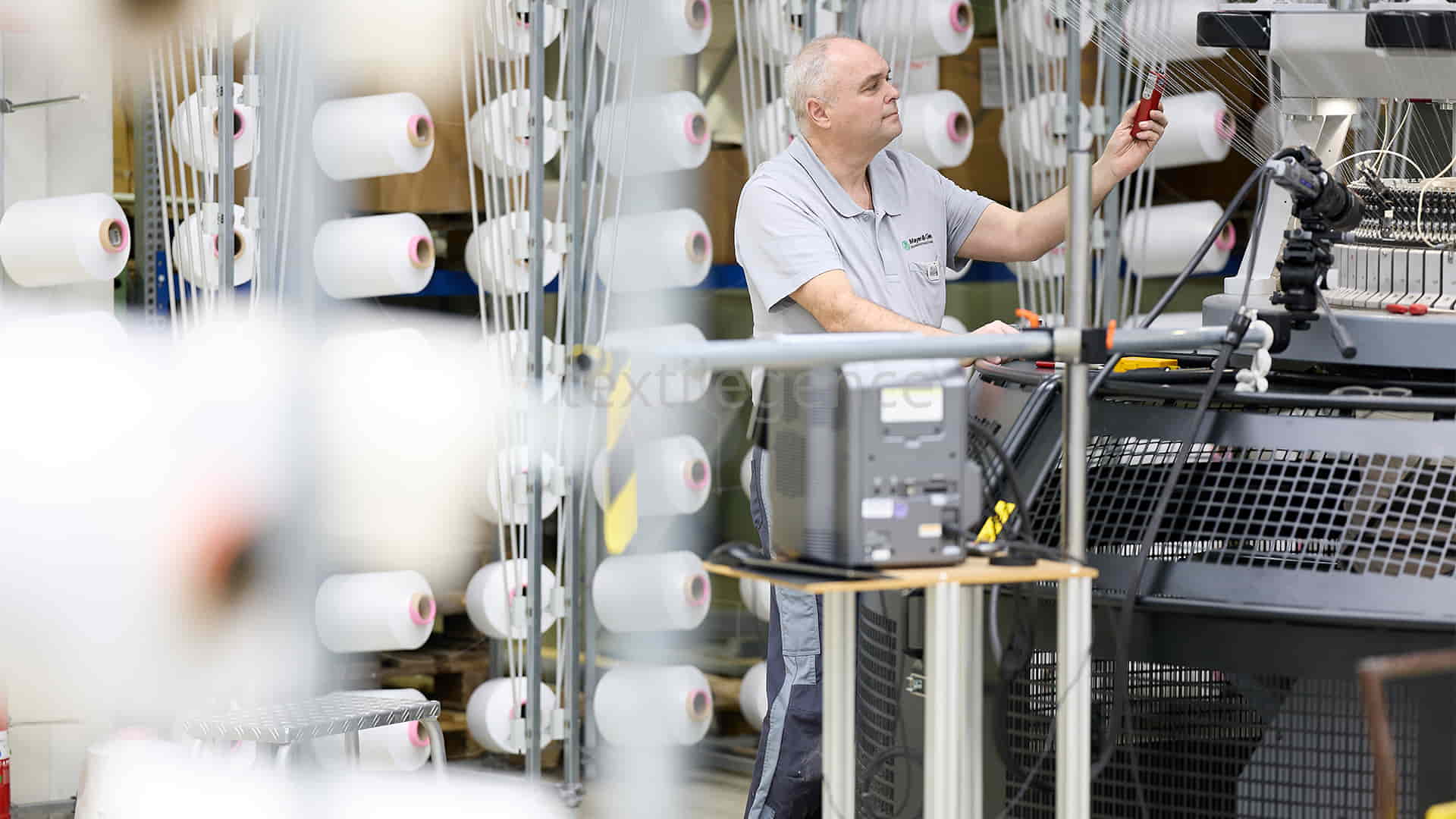
What are your market targets, especially for Türkiye, for the upcoming period?
S.B.: By and large, we were able to maintain our market share in Türkiye, even in the difficult year 2024. It remains to be seen whether the measures to curb inflation will bear fruit and provide a reliable framework for economic development in Türkiye. This will be crucial for future development in order to regain the confidence of international investors and the Turkish economy. In December, the key interest rate was lowered slightly, from 50 to 47.5 percent. This gives hope that a positive change is imminent.
China, Türkiye and India have long been our most important markets. Uzbekistan has been one of our top markets for several years, too. We also see a lot of potential in Bangladesh and hope that we will be able to regain ground here in 2025. However, recent years have shown us that conditions can change overnight – rendering plans obsolete and creating new opportunities
At the end of 2024, you distributed your first braiding machine with 48 carriers, an MR-11 type braiding machine. How will this option change the manufacturing process? What are the main advantages?
B.M.: With the braiding machines with 48 carriers, customers benefit from larger inner tube diameters, short set-up times and unaltered coil volumes. This applies to both yarn and wire and significantly increases the possible applications of our machines. As the number of carriers increases to 48, the braiding machine maintains the same coil volume with the three different bobbins available. Thus, users can process greater material quantities before needing a spool change. This translates to shorter setup times for the same machine application and boosts efficiency overall, providing a major customer benefit.
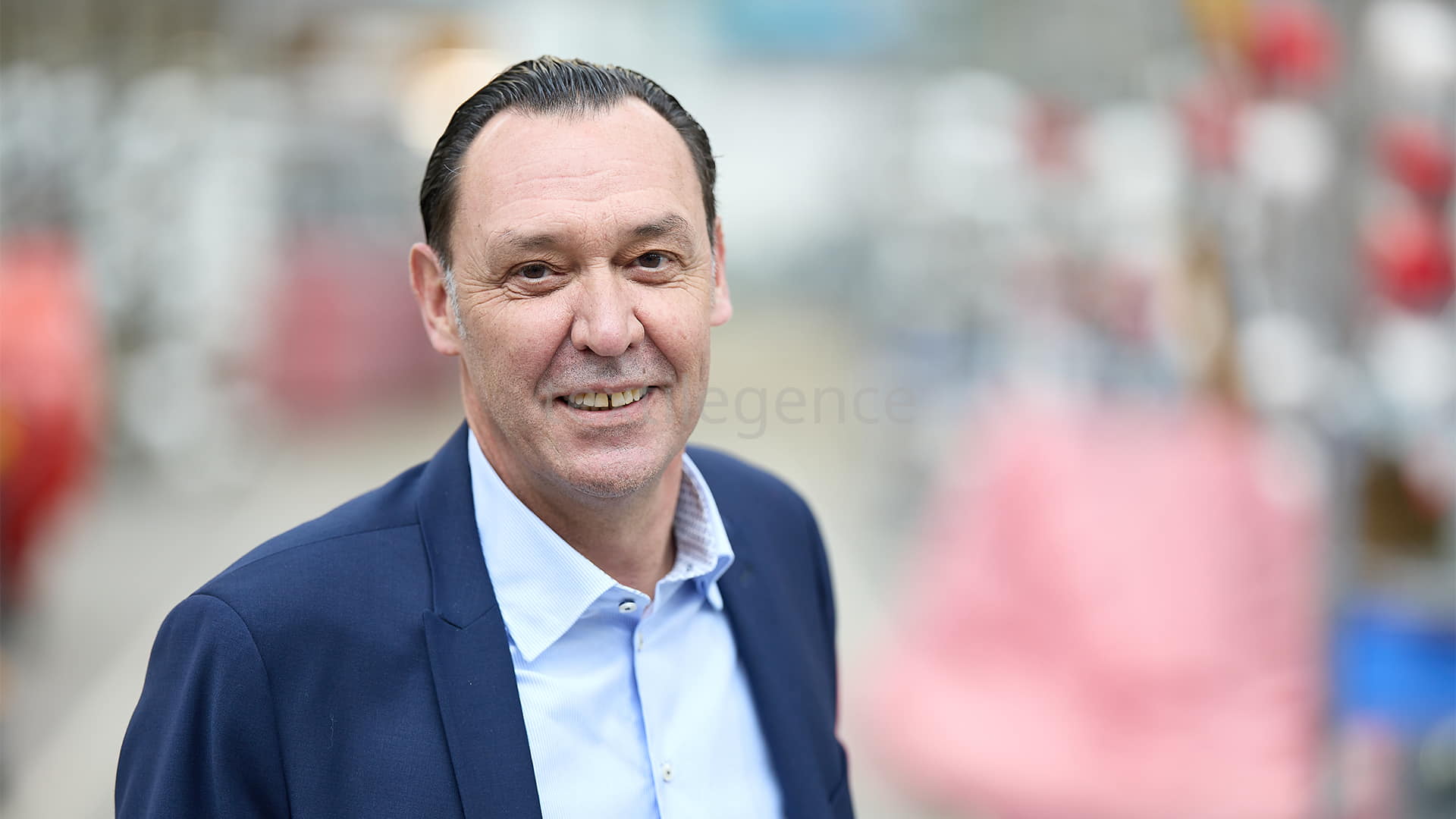
The brand and the after-sales support it provides are as important as the features of the machine purchased. In this context, how do your customers experience Mayer & Cie.’s difference?
S.B.: With many of our representations – Mayer Mümessillik among them – we have been working for many years. They know Mayer & Cie. machines, as well as the company, like the back of their hands. Their technicians regularly spend time at our Headquarters in Germany. So, they can provide any support a client might need on short notice and with great profundity. With our upgrade kits, we offer our clients a way to keep their existing machines up-to-date. They help making the investment in a circular knitting machine long-time secure and even more comprehensive.
What would you identify as major challenges in Türkiye for Mayer Mümessillik?
K.Ö.: The economic crisis in Türkiye and geopolitical tensions are major hurdles. With wars on both our northern and southern borders, people and companies worldwide are cautious about spending and investing. While we cannot control these external factors, we can use this quieter period to improve our internal processes and prepare for the future. On a larger scale, the textile industry remains a cornerstone of Türkiye’s economy. Despite periodic downturns, it is an industry that will persist. If it doesn’t, we will anyway have far bigger concerns than our company.
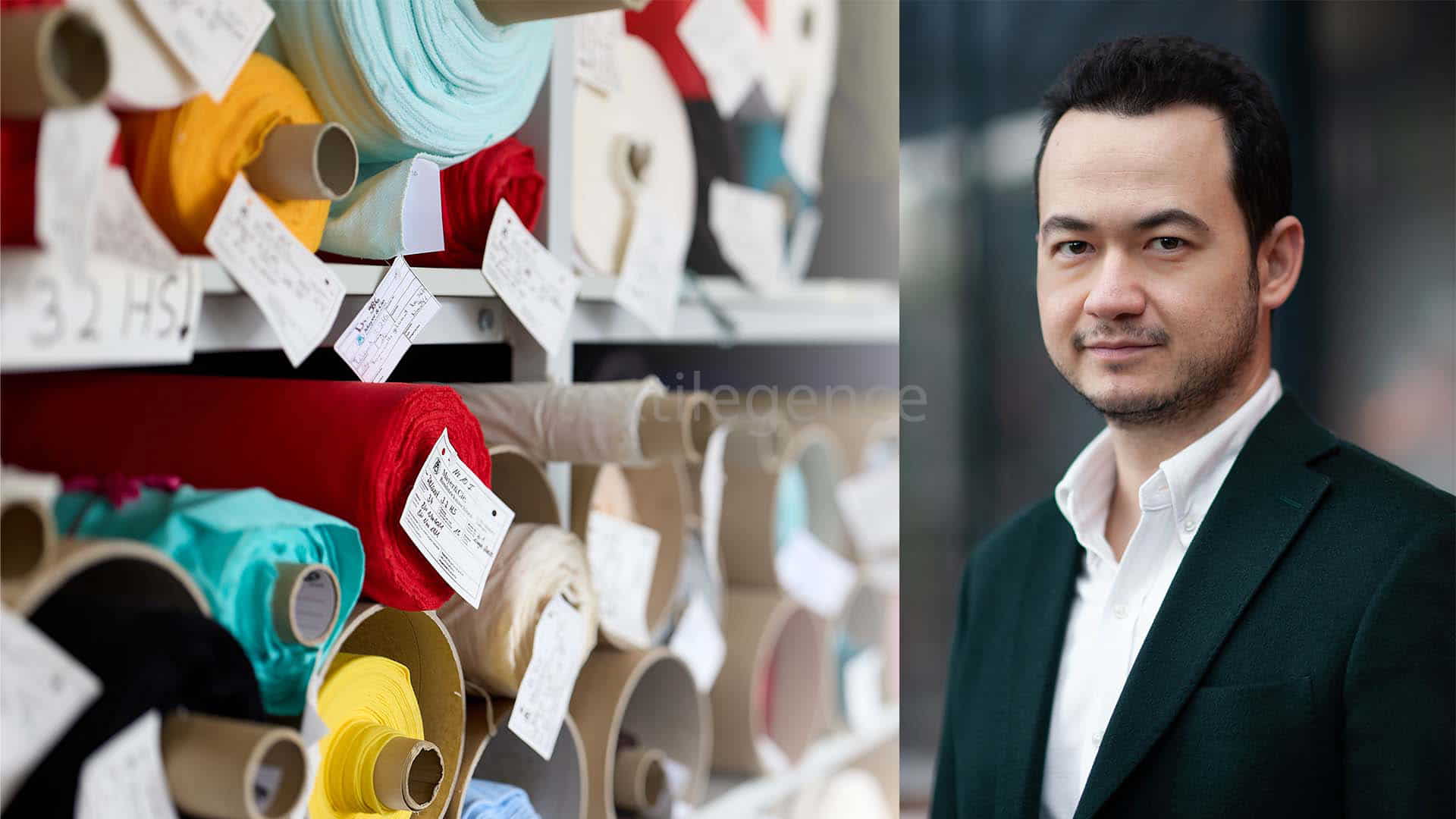
How do you overcome these challenges? What is your vision for the future?
K.Ö.: Mayer & Cie.’s commitment to quality is unmatched. Their machines stand out for their durability and production consistency. While inflation and rising energy costs make German products more expensive, we count on Mayer & Cie.’s engineering innovations to maintain a balance between quality and affordability.
We are a boutique agency that values quality over quantity. We represent only a select few companies, but they are the best in their fields. If the opportunity arises to represent another brand that aligns with our standards, we would consider it. Until then, we will continue giving our all to our existing partners.

